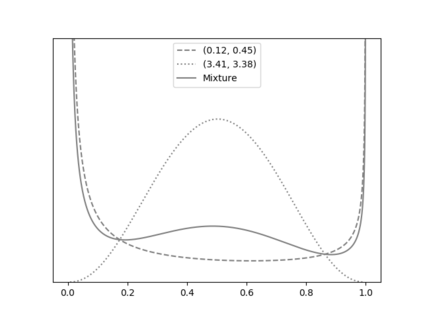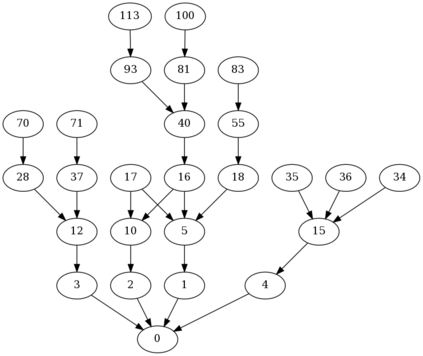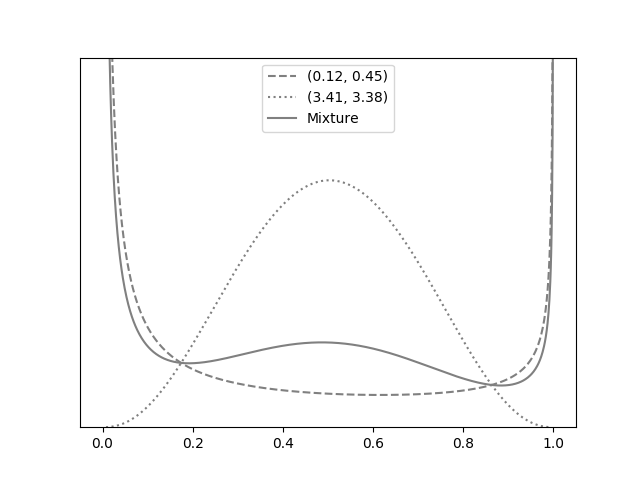
Persuasion is an important and yet complex aspect of human intelligence. When undertaken through dialogue, the deployment of good arguments, and therefore counterarguments, clearly has a significant effect on the ability to be successful in persuasion. Two key dimensions for determining whether an argument is good in a particular dialogue are the degree to which the intended audience believes the argument and counterarguments, and the impact that the argument has on the concerns of the intended audience. In this paper, we present a framework for modelling persuadees in terms of their beliefs and concerns, and for harnessing these models in optimizing the choice of move in persuasion dialogues. Our approach is based on the Monte Carlo Tree Search which allows optimization in real-time. We provide empirical results of a study with human participants showing that our automated persuasion system based on this technology is superior to a baseline system that does not take the beliefs and concerns into account in its strategy.
翻译:劝导是人类智力的一个重要而复杂的方面。如果通过对话进行,部署好的论点,从而进行反驳,显然会对说服成功的能力产生重大影响。确定某一论点在特定对话中是否好的两个关键方面是:预期的受众在多大程度上相信论点和辩驳,以及该论点对预定的受众的关切的影响。在本文件中,我们提出了一个框架,用于模拟说服他们的信仰和关切,并利用这些模式优化说服对话的选择。我们的方法是以蒙特卡洛树搜索为基础,以便实时优化。我们向人类参与者提供一项实验性研究结果,表明我们基于这一技术的自动化说服系统优于一个不在其战略中考虑到信仰和关切的基线系统。






